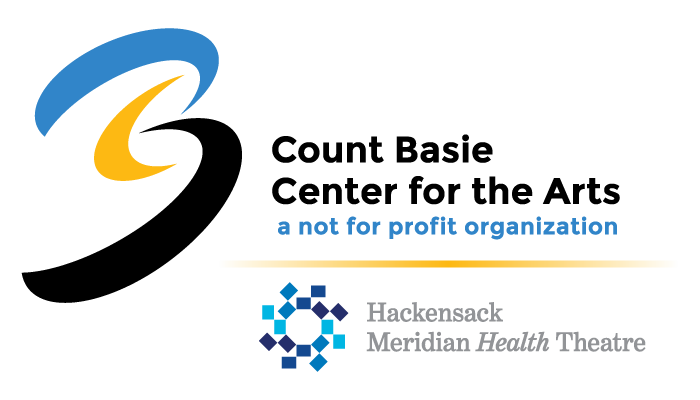Basie CEO on CNBC: Survival does not look great for us, or the arts sector
Count Basie Center for the Arts President and CEO Adam Philipson appeared on CNBC’s “Power Lunch” broadcast Tuesday, warning host Tyler Mathisen that the effects of the COVID-19 pandemic will reap devastating losses for the arts without government assistance.
“Survival does not look great for us — in fact, it doesn’t look great for the entire arts sector,” said Philipson. “Unless there’s going to be some sort of reinvestment in the entire arts sector, you’re going to see theaters and not-for-profit organizations closing left and right.”
Opening the appearance, CNBC’s Mathisen noted that he visited Red Bank two weeks ago — and it wasn’t quite the same.
“I walked past your venue,” the host said. “It’s very beautiful, but I have to say — Red Bank, which is usually a bustling town, was pretty quiet.”
According to the Americans for the Arts, the Count Basie Center for the Arts is responsible for more than $18 million in economic impact for the region, let alone Red Bank itself, whose businesses benefit from the Basie’s draw of more than a quarter-million visitors each year. With a second venue set to open as part of the Basie Center’s long-awaited expansion, that impact was poised to increase.
“Because when you have a full crowd, that has ripple effects throughout the whole town,” Mathisen explained to viewers. “Restaurants are fuller than they might otherwise be, retail establishments are doing business, there’s parking revenue… there’s all sorts of things that spin off your concerts and performances.”
“Domestic airlines were given $62 billion dollars,” Philipson said. “The arts industry, in the last stimulus package was $75 million — of which $25 million went to the Kennedy Center. Those kinds of numbers are not going to sustain a sector that is critical for the resumption for the rest of our lives.”
In 2018, the U.S. Bureau of Economic Analysis (BEA) reported that the arts in America generate annual revenues in excess of $760 billion. In contrast, researchers at Dun & Bradstreet report that airlines generated $800 billion annually – worldwide. In fact, the BEA reported that the arts generated more revenue than agriculture, transportation, or warehousing, employing 4.9 million workers nationwide. Furthermore, the BEA reports the arts exported $20 billion more than imported, providing a positive trade balance.
The Count Basie Center for the Arts produced more than 230 performances per year — employing hundreds of workers in the process, and acting as a magnet for the borough’s bustling downtown and restaurant scene. Without that, Philipson fears – and without that same magnetism in cities and towns across the U.S. – the loss of performing arts centers could have disastrous effects.
“We’re hearing in the industry – that if we’re lucky – perhaps there’s a September opening,” Philipson said. “There’s talk that it could be as late as January of next year. Obviously, each map we have for ourselves is more devastating than the next.”
“You have to keep in mind we haven’t made a dollar since March 12th,” Philipson concluded. “The losses are astounding, but we’re trying to extend our runway as long as we can.”






